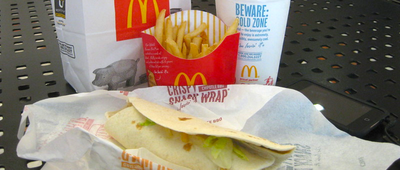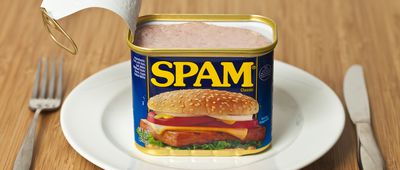Hack the Halls
For many, the holidays are the best time of year. The parties, the presents, the festive family gatherings — there's so much to love. But for better or worse, all of those parties and family gatherings are laden with delicious delights, many of which can present a serious challenge to your healthy-living goals. That doesn't have to be the case, however. Here are some tips and hacks for navigating the holiday-eating extravaganza, whether you're a guest or the chef, courtesy of nutritionists and health experts across the country. For even more tips on how to survive the remainder of the year with your health intact, check out 25 Sneaky Ways To Make The Holidays Healthier.






























